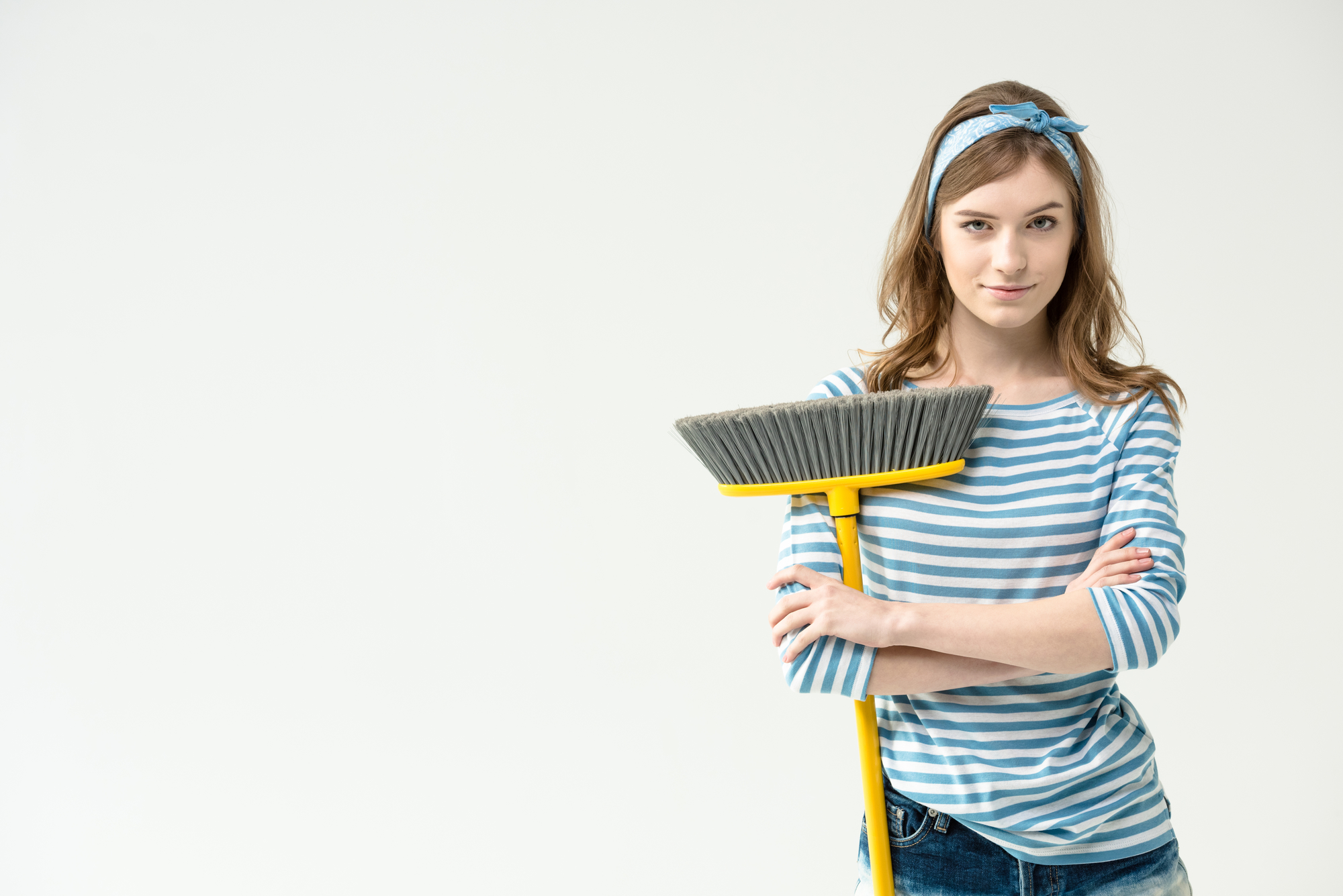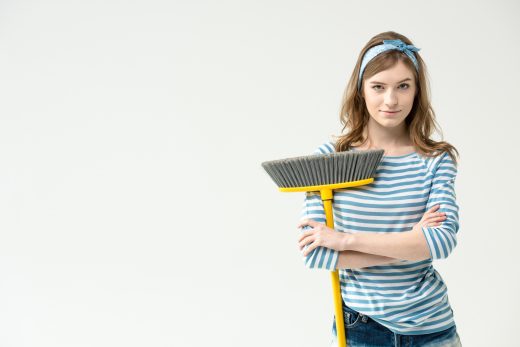
Consumers only expect one thing from cleaning products, and that is to clean. There are too many options available in the market. There are soaps, bleach, polishers, and specialized cleaners. But most people do not know that most of the products contain chemicals that harmful once touched or inhaled. In reality, some of these cleaners are the most toxic products that be found in every household. Many cleaning products can cause health hazard such as skin irritation, watery eyes, burns and some have long term effect like cancer. Here are some of the common chemicals that are harmful to health which can be found in the most common home cleaning products.
Phthalates
This is the most common chemical which can be found in hundreds of products not only in home cleaning but also in fragrances, personal care, and even children toys. This chemical is used to soften PVC plastic and reported to have negative health impacts. In household products, it is in dish soap, air freshener, toilet paper, etc. You can’t find it on the label but if there is a word “fragrance” on the label, chances are phthalates are present on the product. This chemical is known to be an endocrine disruptor. It means that it can interfere with the hormone systems causing cancerous tumors, a developmental disorder, and other birth defects. According to the study, men who have large phthalates on their blood have a low sperm count. It can also cause migraine and can trigger asthma effects. You can get this chemical via inhaling it and skin contact with soaps which are scented. Once absorbed, it will go straight to your organs.
Since phthalates are found in almost all products at home, you can reduce your exposure by using products that are fragrance-free or natural and organic products. You can replace your air freshener with essential oils. Have plants in your home since plants are natural air detoxifier. These are small steps but are a big help.
Ammonia
This chemical can be found in cleaning agents that do the dirty works for bathrooms and sinks. It can also be found in polishing products for floor tiles, glass, and jewelry. Many used this for glass windows and doors because it doesn’t leave streaks. It makes cleaned materials sparkle. Ammonia can affect you in an instant because it’s a very powerful irritant. People with asthma, lung and breathing problems will really be affected once they are exposed to this chemical. People like housecleaners who are exposed to this chemical often will eventually develop asthma and bronchitis. If you mix it with bleach, I can create a poisonous gas. If you the product is highly concentrated with ammonia, it will result in the burning of the eyes, nose, throat and respiratory tract that could lead to lung damage and even death.
Instead of using products with ammonia, you can use baking soda, vinegar, and even vodka. These products are super useful when it comes to cleaning, and they are great disinfectant too. They also leave the surface shiny.
Triclosan
You can find this chemical ingredient in hand soaps and liquid dishwashing detergents that are commonly labeled as anti-bacterial. The use of this chemical started as a surgical scrub in hospitals. Since then, it was added to many household products to fight off germs. However, the use of triclosan is linked to some health problems such as thyroid hormone signaling, weakening of the immune system, uncontrolled cell growth, and reproductive toxicity. Children who are exposed to anti-bacterial products at a very early age could develop asthma, eczema and other allergies. Studies also show that there is no evidence that these anti-bacterial products make people healthier or safer. This ingredient encourages the growth of drug-resistant bacteria.
Alternatively, pick triclosan-free products in your home. You can use regular soap in warm water and use it to clean household things such as your children toys. You can still keep thing clean even without anti-bacterial products.
2-Butoxyethanol
This can be found in the solvent used as a multipurpose cleaner to clean windows and kitchen. It is a powerful agent that can remove dirt easily. When inhaled, it can cause a sore throat. It can also cause pulmonary edema, narcosis, and liver and kidney damage. When people are exposed to high levels of 2-Butoxyethanol for many hours, their nose and eyes may be irritated. They could also develop headaches, they may have a weird metallic taste in their mouth, and they may end up vomiting. If you swallowed a cleaning product with 2-Butoxyethanol, you would have low blood pressure, low levels of hemoglobin and you will have trouble in your breathing. It’s not advisable to use this in a confined area.
A healthier choice for cleaning windows and mirrors would be diluted vinegar along with a newspaper. For kitchen tasks, use cleaning products that are made from natural ingredients. You can also create your own kitchen cleaner by using baking soda, vinegar, and essential oils.
Nowadays, chemicals that can be found in cleaning products are as dangerous as smoking many packs of cigarette every day. Luckily, the task of cleaning the house without harming our health is now possible. There are also cleaning services like cleaners Sydney which you can hire to clean your house that uses eco-friendly products that are safe to use without harmful health effects. There are a lot of safe cleaning products available from plant-powered formulas and are proven to be just as effective as the traditional cleaning products that contain health-damaging ingredients. While it’s impossible to avoid exposure to chemicals completely, we can lessen it by choosing good alternatives as often as possible especially if we have plans on using it for a long period of time. Many health agencies now recommend that household product should be studied further to identify their effects on human health. It’s important that every consumer know the health hazards of cleaning products to seek out the best natural and safe cleaning product to use at home. Not only it’s good for the health but they also do the job and sometimes perform better compare to conventional cleaners.



